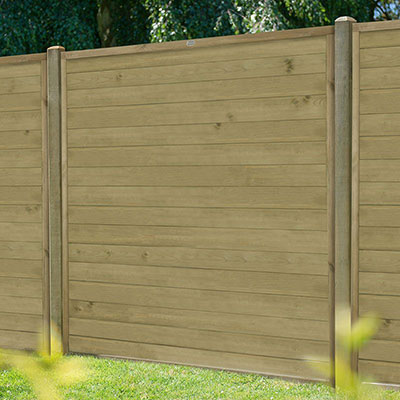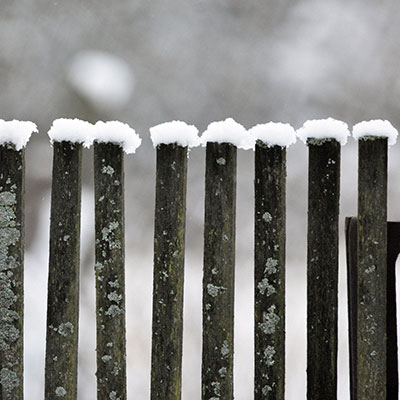
Every Garden Fence Needs Maintaining
Good fence care is essential if your garden fence is going to survive the harsh winter weather unscathed.
Now is the perfect time to put aside a few hours to properly prepare your fencing for the wind, rain and, potentially, snow that will test its structural integrity to the limits over the coming months.
To give your garden fence the best chance of withstanding these testing weather conditions and of entering next spring in tip-top condition, simply follow Buy Fencing Direct’s Garden Fence MOT.
Our Garden Fence MOT
Check 1: Clear the Surrounding Area
The reason for doing this is twofold.
Firstly, you will need unimpeded access to your fence run to carry out the rest of your fence care tasks, so make sure you move garden tools, kids’ toys and everything else out of the way.
Secondly, wet vegetation can damage the health of your wooden fence, so that will need clearing too.
Trim long grass, cut back plants, remove weeds and rake leaves, all of which can cause rot and fungal decay by subjecting the wood to excessive moisture.
Overhanging branches are another potential hazard.
Windy conditions or heavy snowfall may cause them to apply pressure on your fence run, or even snap and fall on top of a panel.
The weight of a large branch, particularly when laden with snow, is liable to prove fatal to a fence panel, so cut back any overhanging branches now.
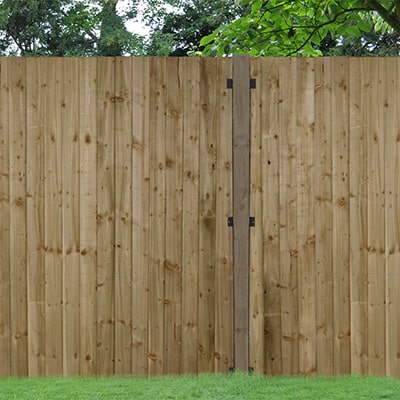
Check 2: Fence Post Care
Fence posts are of the utmost importance to your fence run, so you need to ensure they’re in perfect condition.
Pay attention to the bottom of the fence posts, particularly if they’re made from untreated or dip-treated wood, as ground moisture makes this area susceptible to rot.
Minor damage to the bottom of a fence post can usually be rectified by adding a post spike, but with serious cases of rot or fungal decay, you should buy a new fence post.
Check 3: Fence Panel Care
There’s nothing wrong with replacing the odd damaged slat, but if the fence panel’s condition is any worse, or if there are significant signs of rot, you should replace it entirely.
If you own dip-treated fence panels, now is also an excellent time to add their annual coat of quality wood preservative, which will protect them from rot and fungal decay for another year.
For a more individual look, apply paint instead.
Of course, if your garden fence is made from pressure-treated wood, there’s no need for you to go to the trouble of treating the wood.
To find out more about the benefits of pressure-treated fence panels, click here.
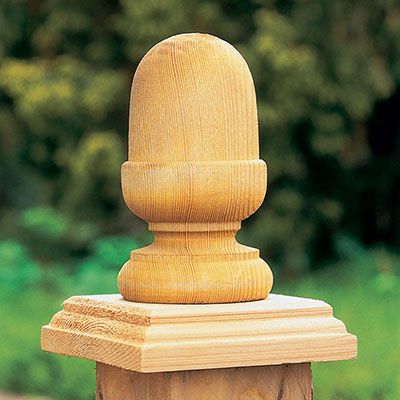
Check 4: Fence Accessories
If your fence run includes accessories to protect the posts or panels, for example post caps or gravel boards, make sure they are properly fixed and in good condition.
After going to the trouble of employing fence accessories to protect your garden fence and improve its visual appeal, it would be a travesty if they weren’t in a suitable condition to do their jobs effectively.
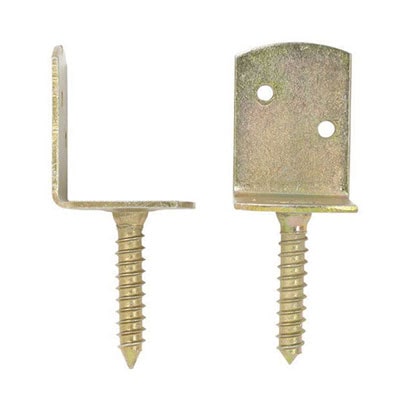
Check 5: Care for Fence Fixings Too
We’re likely to experience some windy weather over the next few months, so make sure all of your fence fixings are properly attached.
If any are damaged or missing, make sure you replace them immediately.
Never forget, the small details are incredibly important to the entire structural integrity of a fence run.
The Home of Garden Fence Supplies
Buy Fencing Direct is the UK’s premier supplier of fence panels, fence posts and all fence accessories, so we know how to properly maintain a garden fence.
If you need to replace any aspect of your fence run after carrying out its MOT, you’re sure to find exactly what you need amongst our superb range of fence supplies.
Updated 18.11.19 by The Buy Fencing Direct Blog Team





